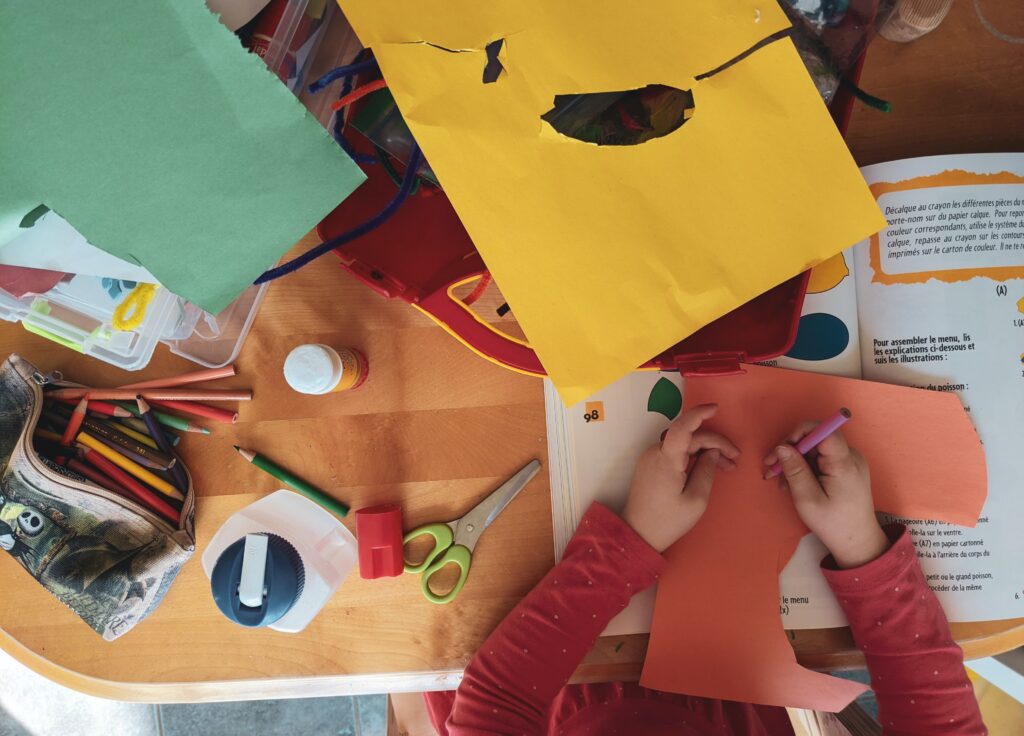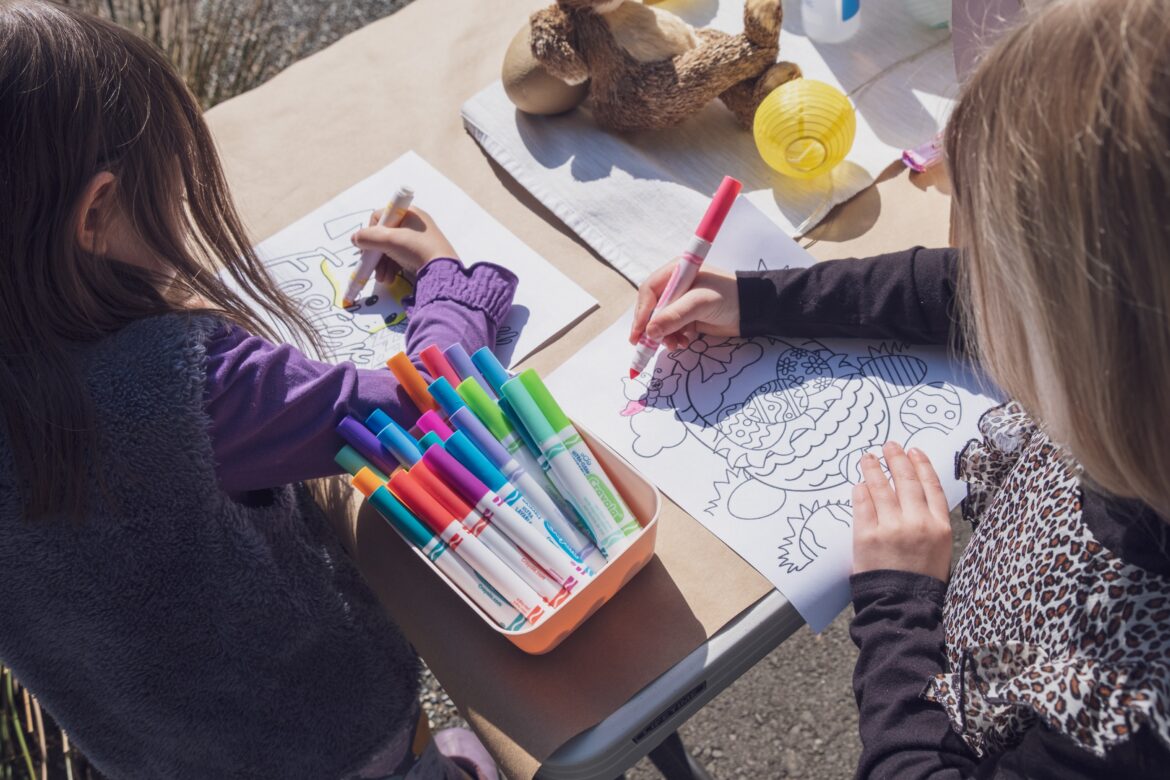Parents and teachers in Singapore, just like in other countries, play a pivotal role in fostering a child’s early love for art activities. By providing a supportive and nurturing environment that encourages the use of colors, shapes, and textures, they can spark a child’s curiosity and enthusiasm for creativity. That being said, supporting a child’s interests in doing arts and crafts does more than help them develop an interest in honing their artistic sense. It can also greatly contribute to their development, in addition to complementing the lessons that they are taught while enrolled in a program for early child care in Singapore. Below are the different ways in which doing arts and crafts can contribute to building a solid educational foundation for young children.
Stimulating Creativity
Young minds are filled with creative possibilities, and doing arts and crafts enables them to bring these ideas to life. By exploring different materials, colors, and techniques, children have the opportunity to unleash their imagination, craft a world of their design, and give life to ideas that exist solely in their minds. This creative process encourages children to think outside the box, which can then foster innovative thinking and the ability to approach problems from multiple angles. It’s an essential skill that serves them not just in school but throughout their lives.
Developing Fine Motor Skills
Arts and crafts activities present young children with a rewarding way to exercise and develop their fine motor skills. Art projects for young kids typically involve cutting and pasting, activities that require precise hand movements that help children hone their dexterity. Manipulating pencils, scissors, and glue, enables children to prepare their hands for future tasks like writing, buttoning clothes, and tying shoelaces. Fine motor skill development is a vital building block for a child’s overall physical and cognitive development, and it helps set the stage for greater independence as they grow older.
Nurturing Math and Science Concepts
It’s also perfectly possible to use art to help young children deepen their understanding of math and science concepts. Working on arts and crafts projects, after all, gives children the means to measure materials, compare sizes, or mix colors, which then exposes them to basic math and science principles in a hands-on and engaging way. These early encounters with these subjects can ignite curiosity and a passion for exploring the world through numbers and science.
Encouraging Problem Solving and Critical Thinking
Creative activities can also help children develop problem-solving and critical-thinking skills. This is because while doing arts and crafts, children must make decisions about colors, shapes, and how to construct their projects. These decisions on how to best bring their vision to life can foster cognitive development. By taking part in artistic endeavors, young minds can develop the ability to analyze and think critically, which are essential skills for success in school and future challenges.
Acquiring Language and Communication Skills
Engaging in arts and crafts is also an effective way of promoting the development of language and communication skills in young children. It’s not out of the ordinary for children to join discussions with peers and educators while working on art projects. This process necessitates them to describe their creations, share ideas, ask questions, and follow instructions. Taking part in verbal interactions enhances their vocabulary, articulation, and communication abilities. Furthermore, art provides an avenue for children to express themselves when words might fail them. This potent combination of verbal and non- verbal communication skills contributes significantly to their holistic development.
Boosting Emotional and Social Development
In relation to the previous point, arts and crafts projects can also provide an outlet for children to express their emotions and feelings. Children can create art that mirrors their moods, which can help them understand and manage their emotions better. Furthermore, group art projects encourage social interaction and cooperation. As children work together on collaborative pieces, they learn to share ideas, take turns, and respect each other’s contributions. These social skills are essential in building strong and positive relationships throughout their lives.

Enhancing Self-Esteem and Confidence
Successfully completing an art project can also boost a child’s self-esteem and confidence. It provides them with a sense of accomplishment and pride in their abilities. As they see their ideas and efforts turn into tangible creations, they gain confidence in their skills. This self-assurance not only influences their academic performance but also their willingness to take on new challenges in life with a positive attitude.
Learning through Play
Arts and crafts activities provide a playful and enjoyable method of learning. Children are more likely to be engaged and motivated when they are enjoying themselves. This makes the learning process a positive and enjoyable experience, setting the stage for a lifelong love of learning. Creative pursuits are more than just pastimes for young children in Singapore. Clearly, they are also building blocks for a young learner’s holistic development. Arts and crafts activities provide a platform for young minds to develop vital skills such as problem-solving, critical thinking, and effective communication. In essence, these projects can help children discover the unlimited potential of their imagination and assist them in acquiring skills that can continue to grow with them.

